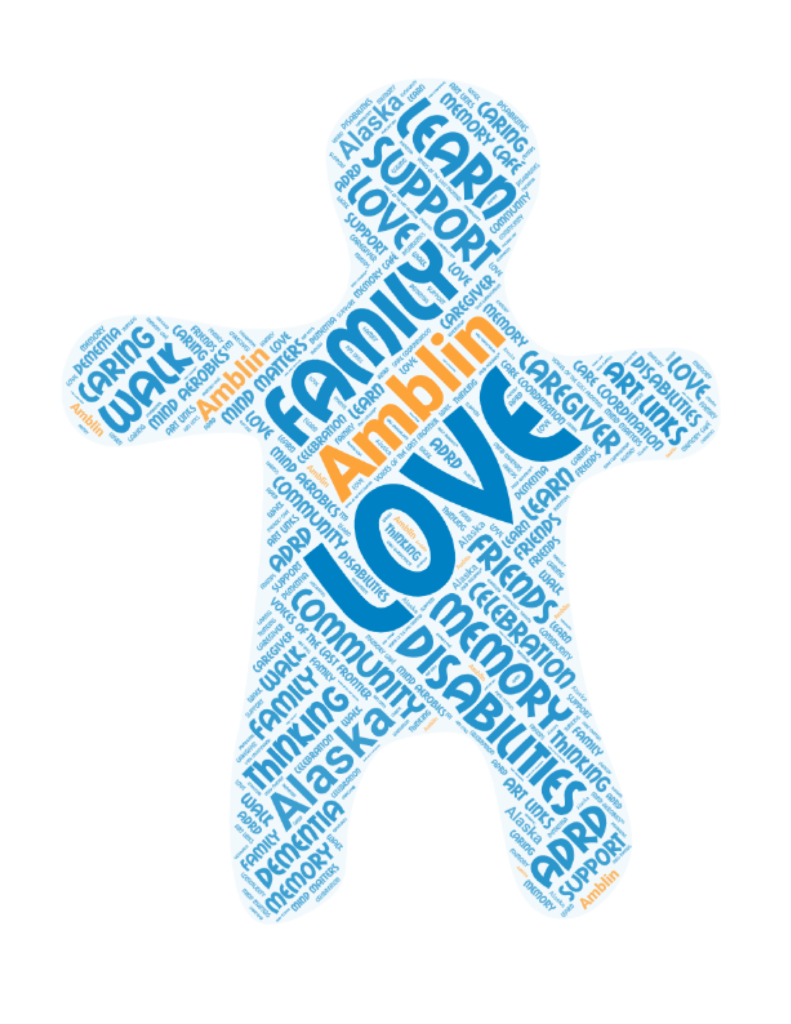When my mother died in a local nursing home, my “career” of visiting this exceptional facility nearly every day for close to 15 years ended. Mom’s death prompted a nurse to whom I’d become quite close, to say to me, “We’ll still be seeing you up here. You won’t be able to quit.”
She was wrong on that one. However, my case may be a little different from many others, as I’d spent nearly two decades caring for multiple elders. Also, my caregiving had not totally ended. I still had a family member at home who needed my care.
Grief and Relief
Many of us start our caregiving career by assisting an elder in his or her home, or we have a spouse who declines and we become the default caregiver in our own home. This care expands to a point where we need some type of respite, often in the form of in-home care agency help. Eventually, the move to assisted living or even a nursing home may become necessary for everyone’s health and wellbeing. Whatever happens, we remain caregivers. Many of us continue to see our care receiver daily. Most of us continue to be involved as advocates and support throughout the time of need. When our loving attention and care is no longer needed, we can, indeed, feel lost.
For some of us, the death of a loved one who has suffered for years brings some relief along with our natural grief. Not everyone can admit to the relief aspect, because they are afraid that they will appear unfeeling to others, or even to themselves.
Of course, people who feel relief when a parent or spouse dies are not uncaring or unloving. Quite the reverse. Who among us wants to watch someone they love suffer? But society can place a virtual halo on a long-suffering caregiver in a way that we feel we may be judged negatively if we admit to some relief when our care receiver dies.
Most of us also feel grief, and sometimes that grief can be nearly paralyzing. Whatever we feel, one thing is certain. Our life has changed.
After the Caregiving Ends
Moving into the next stage of our lives requires a change in attitude, and unique steps for each of us. Many of us need outside help.
- If your loved one received hospice care to relieve pain and comfort care during the last stage of life, you may benefit from the grief support that most hospice organizations offer. This support often allows you to air your innermost feelings with others going through the grieving process you are. Other support avenues include possible counseling with your spiritual leader or a professional counselor. The idea is that you may need support in order to move on.
- Drop any guilt about things that you feel you could have done differently. You did your best, even though you probably weren’t perfect each day because we are all imperfect caregivers. Compare notes with other caregivers and you will likely understand that you did just fine. If you have certain incidences nagging at you that you can’t let go of, write your deceased care receiver a letter of apology. Then, consider the apology accepted and tear up the letter. You have been forgiven by them, now forgive yourself.
- Acknowledge the uncomfortable mix of grief and relief, don’t judge yourself for it. Many caregivers wished their loved one would be released from pain and suffering, and many caregivers wished to be released from the anxiety, stress, and exhaustion of providing daily care. It is natural to feel relief when that time comes. In fact, feeling relieved when caregiving ends is indicative of the all consuming nature of the job you took on. Acknowledging that you met the demands of caregiving all the way to the end is the best buffer against guilt.
- Preserve positive memories of your relationship with your care receiver, and relegate the negative ones to a compassionate place on the side. For those of us who helped our loved ones through years of dementia, this can be a challenge. Forgive your loved one, if that step is needed. Most of us can only truly move on if we’ve forgiven people for any mistreatment we may have incurred. Here, again, counseling may help. Whether you receive counseling or not, dig back and drag out positive memories of your life with your care receiver. Make a pact with yourself to keep these memories uppermost in your mind.
- Once you’ve gotten help with your grief, look outside of yourself. Volunteering is a good way to do this. Volunteer at a nursing home or senior center if you want continued contact with elders. Or do the opposite and volunteer to work with children. The refreshment that comes from seeing lively youngsters can be a reminder that life goes on.
- Work with active caregivers to share the wisdom of your experience. Or again do the opposite. Leave caregiving behind. But keep the compassion that you gained, the patience you honed, the insight into the problems of others that you found through the educational process of caregiving. Find other ways to use this wisdom. I believe that nearly anyone who has been a caregiver has gained some insight and compassion for people who are hurting. There are many ways to share this. Find your own niche and your life will improve.
As with all caregiving stages, people in the after-stage need to practice self-care. Allow yourself to grieve, and allow others to help comfort you through this process. We all work through these feelings in our own way and with time successfully move forward.
Source: Grief & Relief: When the Loved One You Cared for Dies – AgingCare.com
 Make a Payment
Make a Payment



